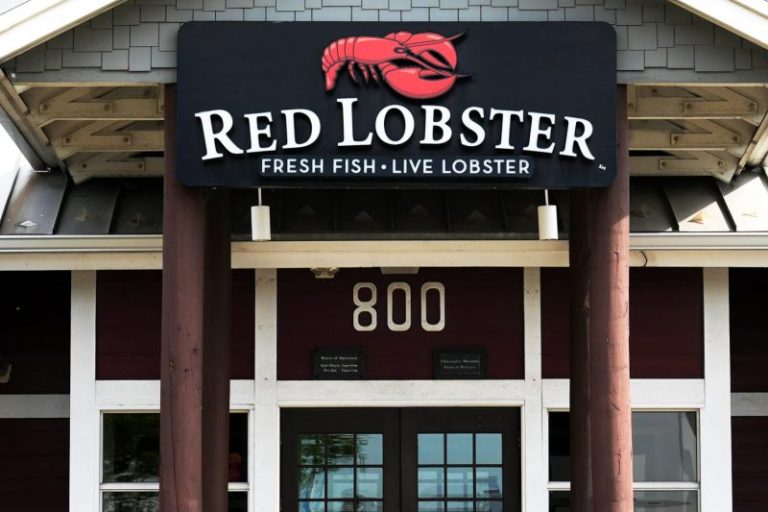In a stunning turn of events, Red Lobster, a household name synonymous with seafood dining, faced an unexpected downfall that left many baffled. Contrary to popular belief that the Endless Shrimp promotion was to blame, a deep dive into the inner workings of the iconic chain reveals a different culprit – private equity.
Private equity firms, known for their aggressive investment strategies and profit-driven motives, played a significant role in the downfall of Red Lobster. The chain, once a pillar in the casual dining industry, found itself struggling under the weight of exorbitant debt following its acquisition by Golden Gate Capital in 2014.
Upon acquiring Red Lobster from Darden Restaurants for $2.1 billion, Golden Gate Capital embarked on a series of aggressive financial engineering moves that ultimately strained the seafood chain’s operations. The firm saddled Red Lobster with a substantial amount of debt, diverting much-needed resources away from crucial areas such as menu innovation, store renovations, and employee retention.
Furthermore, the relentless pursuit of short-term profits and cost-cutting measures eroded the quality of the dining experience at Red Lobster. Customers, once loyal to the brand, began to notice a decline in food quality, service, and overall ambiance, leading to a steady exodus of diners.
The impact of private equity on Red Lobster extended beyond mere financial constraints. The chain’s workforce, often the backbone of its operations, also bore the brunt of the firm’s profit-maximizing strategies. Staffing cuts, reduced hours, and increased workload created a toxic work environment that further deteriorated the customer experience.
As Red Lobster grappled with the repercussions of private equity intervention, competitors in the seafood dining sector capitalized on the chain’s missteps. Nimbler, more innovative players emerged, offering fresher seafood options, personalized dining experiences, and sustainable practices that resonated with evolving consumer preferences.
The decline of Red Lobster serves as a cautionary tale of the perils of private equity ownership in the restaurant industry. While such firms often promise growth and profitability, their relentless focus on short-term gains can undermine the long-term sustainability and success of iconic brands.
In the case of Red Lobster, the once-thriving chain fell victim to the predatory practices of private equity, leaving behind a legacy tarnished by financial woes, operational challenges, and a diminished reputation. As the casual dining landscape continues to evolve, the fate of Red Lobster serves as a stark reminder of the importance of balancing profit motives with a commitment to quality, innovation, and customer satisfaction.



